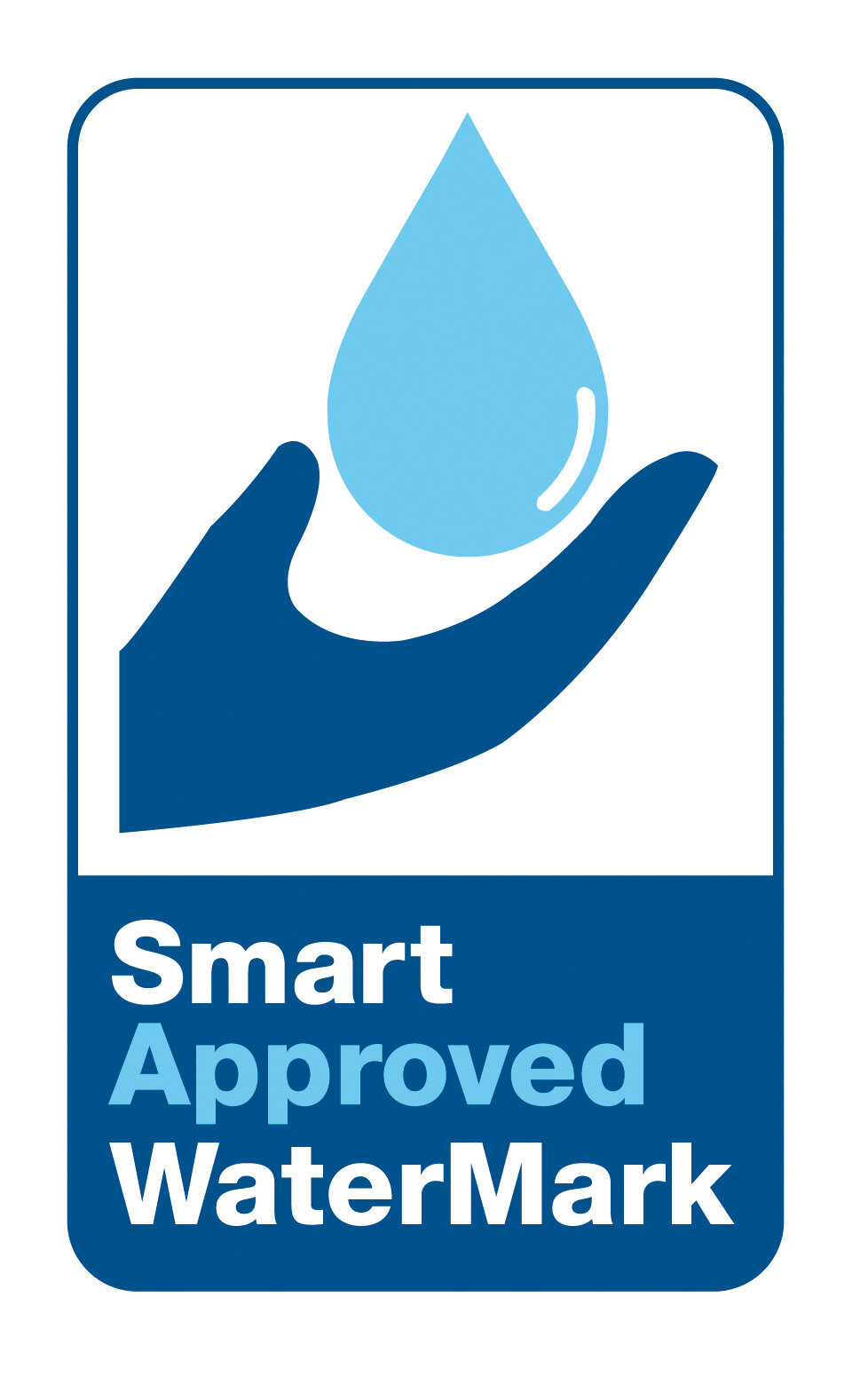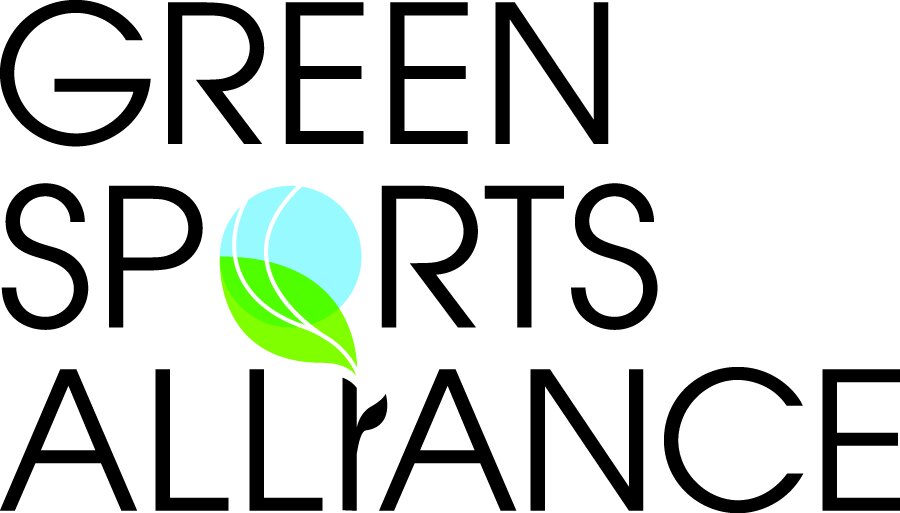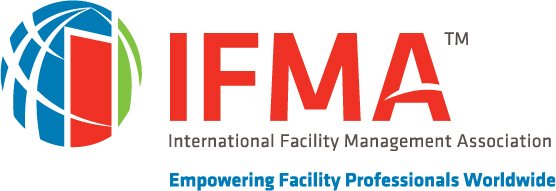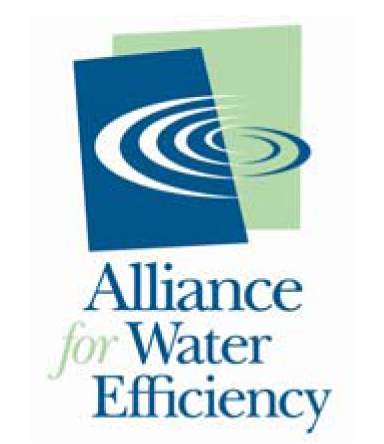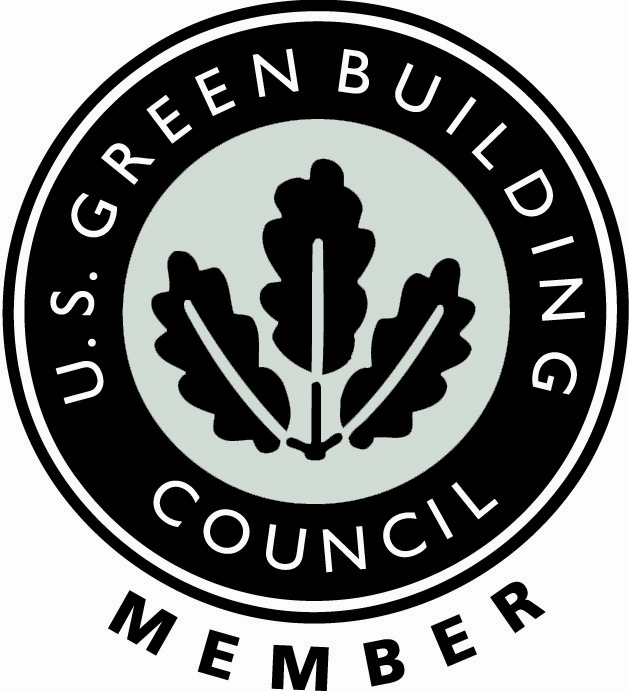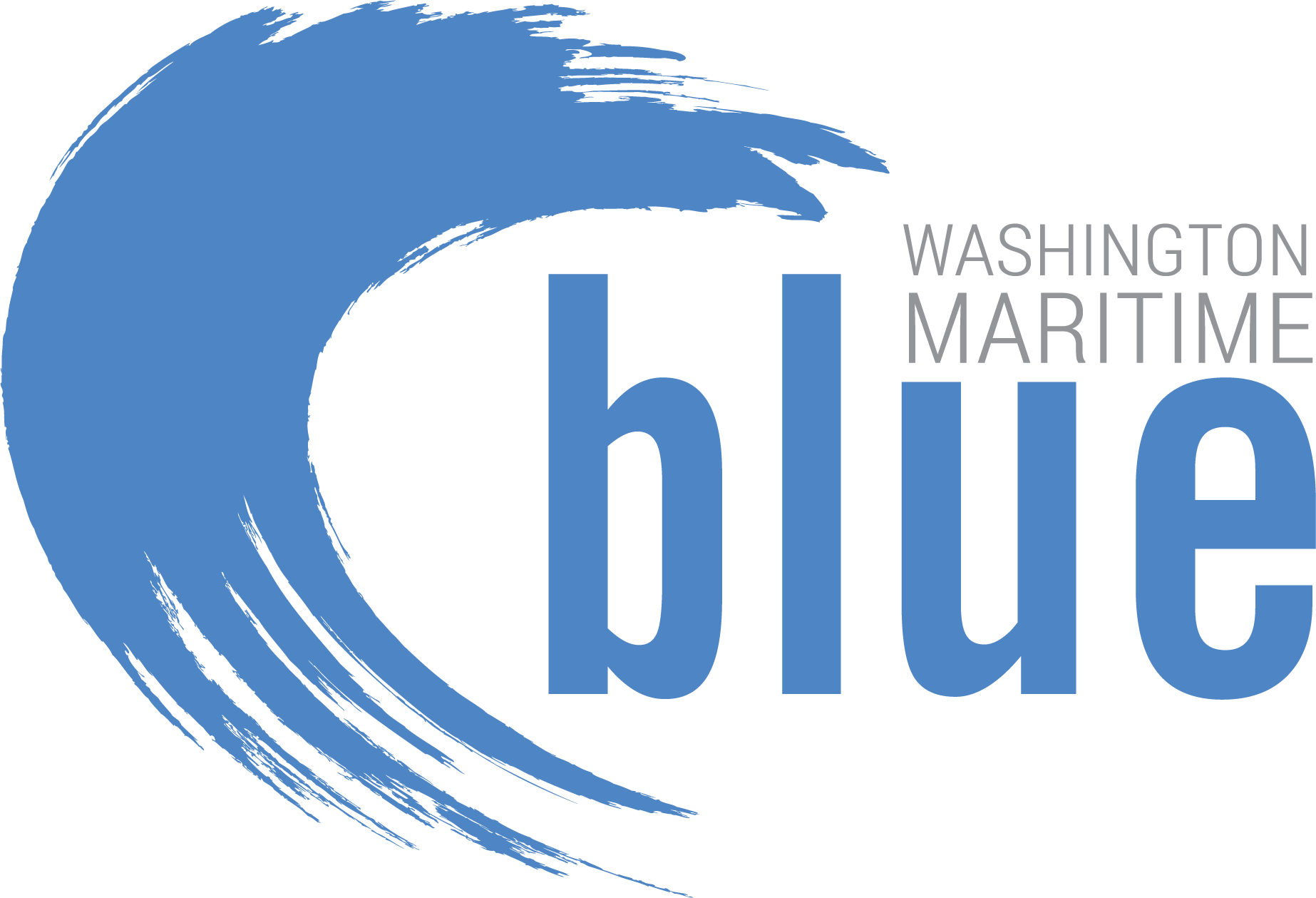When it was announced that Richard Thaler, a professor at the University of Chicago Booth School of Business, won the 2017 Nobel Prize in Economic Sciences, it stirred a few feathers. First, he was not very well known in the world of economics.
Further, what little was known about him, outside of being a professor at Booth, was a column he wrote in the 1980s in a respected economic journal. He titled his column “Anomalies.”
In his column, Thaler brought in a bit of psychology and the human element into economics, which did not always sit well with many traditional economists. Those economists focused on numbers, black and white, and little else. For instance, the following story is one that raised some eyebrows:
On New Year’s Day, Thaler won $300 by betting on the Orange Bowl winning team. When he got home, he asked his family how they wanted to spend the winnings. His idea was to get a case of champagne, invite some friends over, and celebrate. Or they could go to a fancy restaurant and then see a play.
However, then his son intervened.
“No, Dad, you’ve got to invest that money.” The son pulled out his calculator and determined that if he invested that $300 now, he would have $20 per year he would be able to spend in thirty years.
Obviously, the son was a serious economist in the making.
While some economists found this story humorous, others viewed it as a slap in the face. These economists had spent years calculating how people, organizations, and governments could earn big returns by saving and investing money.
As to the Nobel Prize, Thaler won it for his book, Nudge: Improving Decisions About Health, Wealth, and Happiness. It became a New York Times bestseller and focuses on the choices each of us must make each day. According to one review:
The book introduces the concept of choice architecture, arguing that people need structure to make decisions, and therein lies the opportunity to create structures that lead people to make better decisions.
However, for this “choice architecture” or “structure” to be successful, people often need a little nudging, and that’s where urinals come in.
Apparently, in the early 1990s, the cleaning manager at Amsterdam’s Schiphol Airport was frustrated by what he called “spillage” around the hundreds of urinals in the building. This spillage, primarily on to floors and also walls, increased his janitorial staff’s workload, caused malodors, and was unsightly.
To address the problem, the manager took it upon himself to etch small images of flies in some of the urinals. The etched flies would be right next to the urinal drains.
Voila, as they say in France. Walla, as the rest of us say.
The spillage was curtailed significantly in all the urinals with etched flies. Men were now nudged to aim right and not make a mess.
Well, Thaler calls the urinal flies “his favorite illustration of a nudge.”
He went on to say, nudges like this “don't attempt to make it impossible to do the wrong thing, but rather they make it easier to do the right thing. This same principle can be applied to any number of other choices, big and small, that people make in the course of their lives.”
Today, there are many types of urinal screens installed in urinals. While many are used as air fresheners, they often are designed to give gentlemen a bit of a nudge, something to aim for, so the urine goes in the right place and not the floor.




